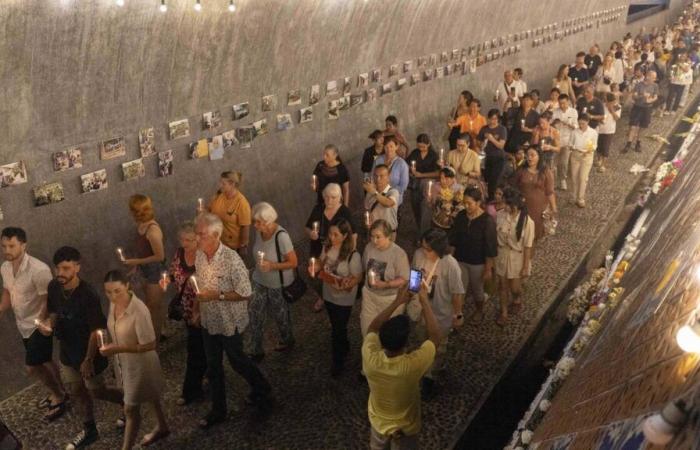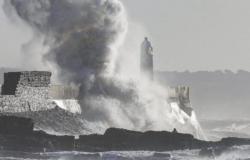Published on December 26, 2024 at 5:55 p.m. / Modified on December 26, 2024 at 7:26 p.m.
5 mins. reading
Subscribe to access the summary in 20 seconds.
“It’s as if my village had been razed by an atomic bomb.” Better than long descriptions, this testimony from a survivor of the tsunami which, on December 26, 2004, devastated the Indonesian city of Banda Aceh and its surroundings reveals the cataclysmic power of the phenomenon. Two decades have passed and we have partly forgotten these hallucinatory images of the coastal town whose buildings were swept away like the straw and wood houses of the history of the Three Little Pigs.
The most devastating tsunami recorded in human history also hit Thailand, India and Sri Lanka hard. In total, it caused 230,000 deaths (including nearly 170,000 in Indonesia alone), and some estimates suggest up to 290,000 victims. Organized in Thiais, France, on December 12 and 13 by the Physical Geography Laboratory, a conference took stock of the research carried out over twenty years on tsunamis, recalling that the 2004 event had triggered both a international awareness of the risk linked to these phenomena and strong mobilization of researchers.
Want to read all of our articles?
For CHF 29.- per month, enjoy unlimited access to our articles, without obligation!
I subscribe
Good reasons to subscribe to Le Temps:
- Unlimited access to all content available on the website.
- Unlimited access to all content available on the mobile application
- Sharing plan of 5 articles per month
- Consultation of the digital version of the newspaper from 10 p.m. the day before
- Access to supplements and T, the Temps magazine, in e-paper format
- Access to a set of exclusive benefits reserved for subscribers
Already have an account?
Log in
World






